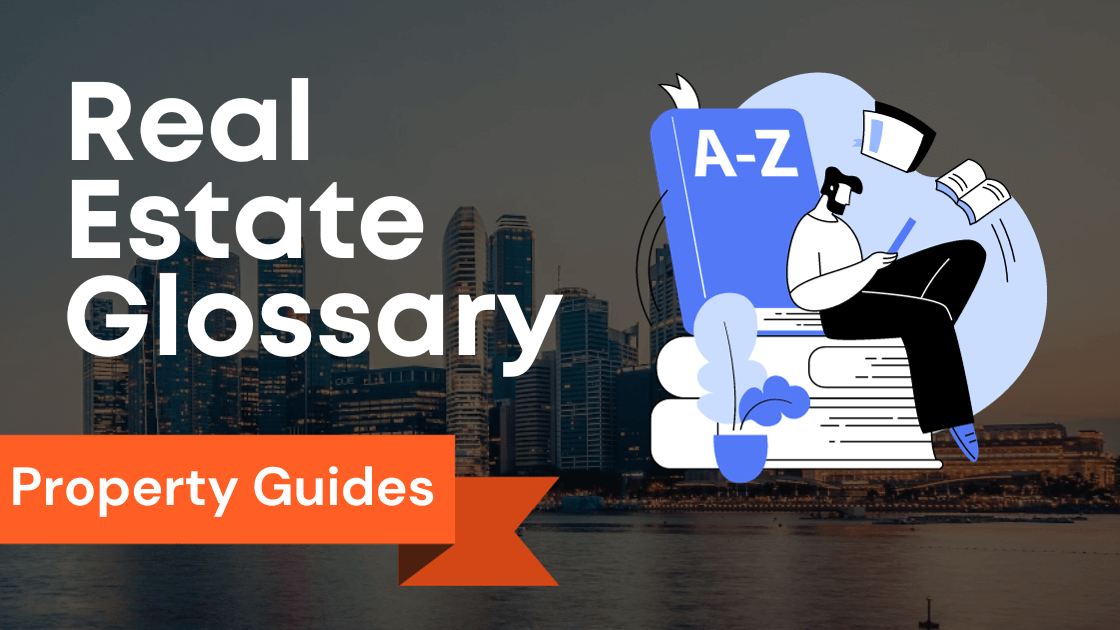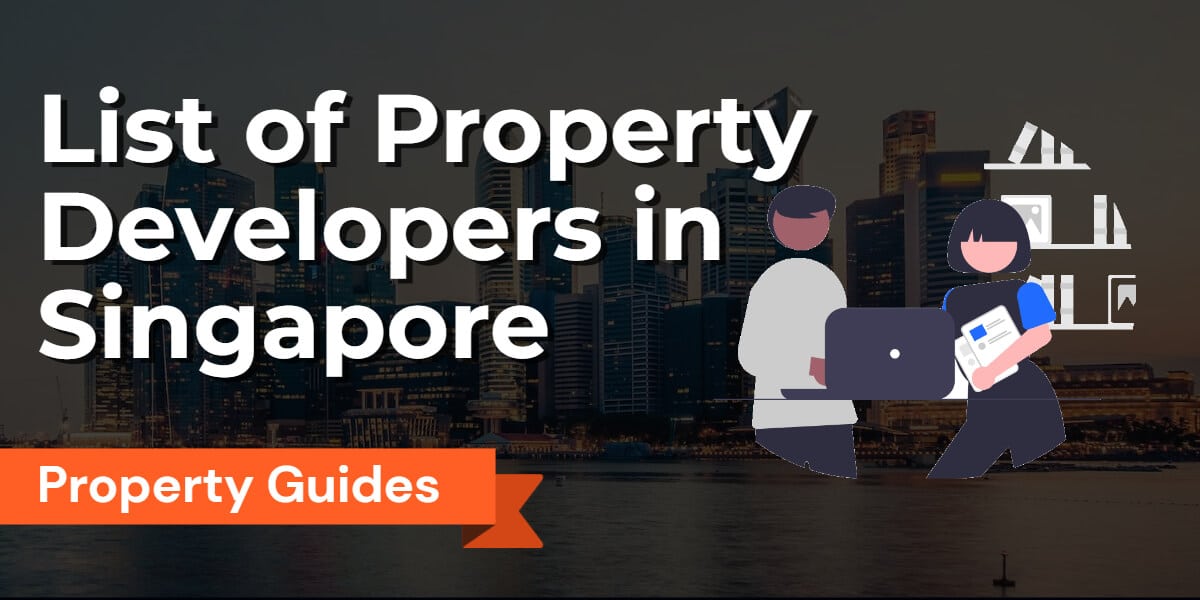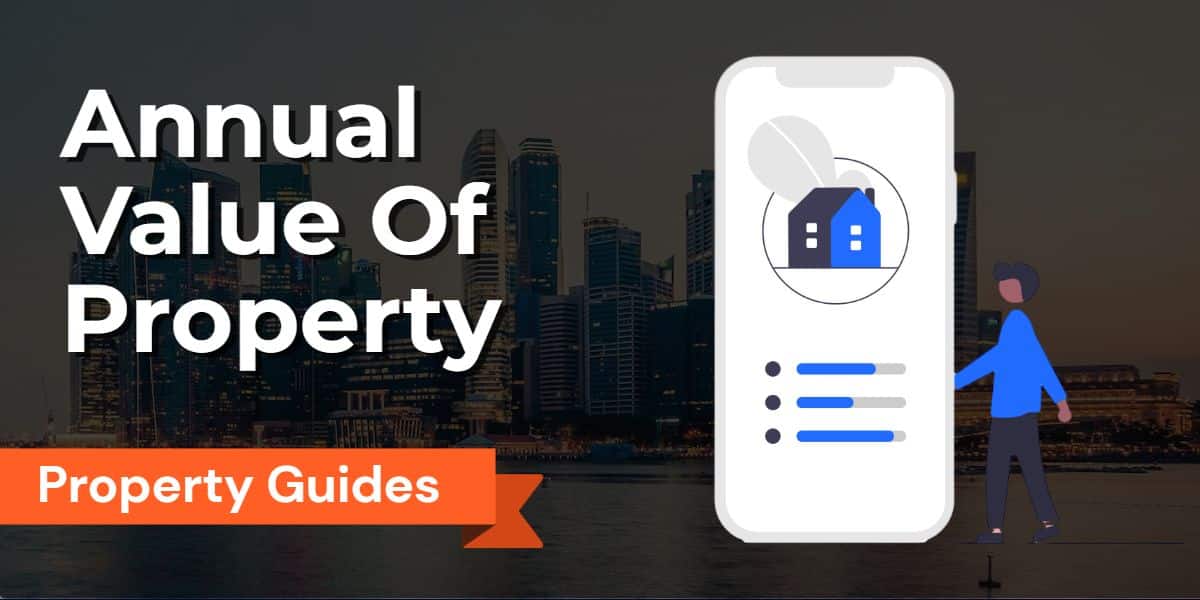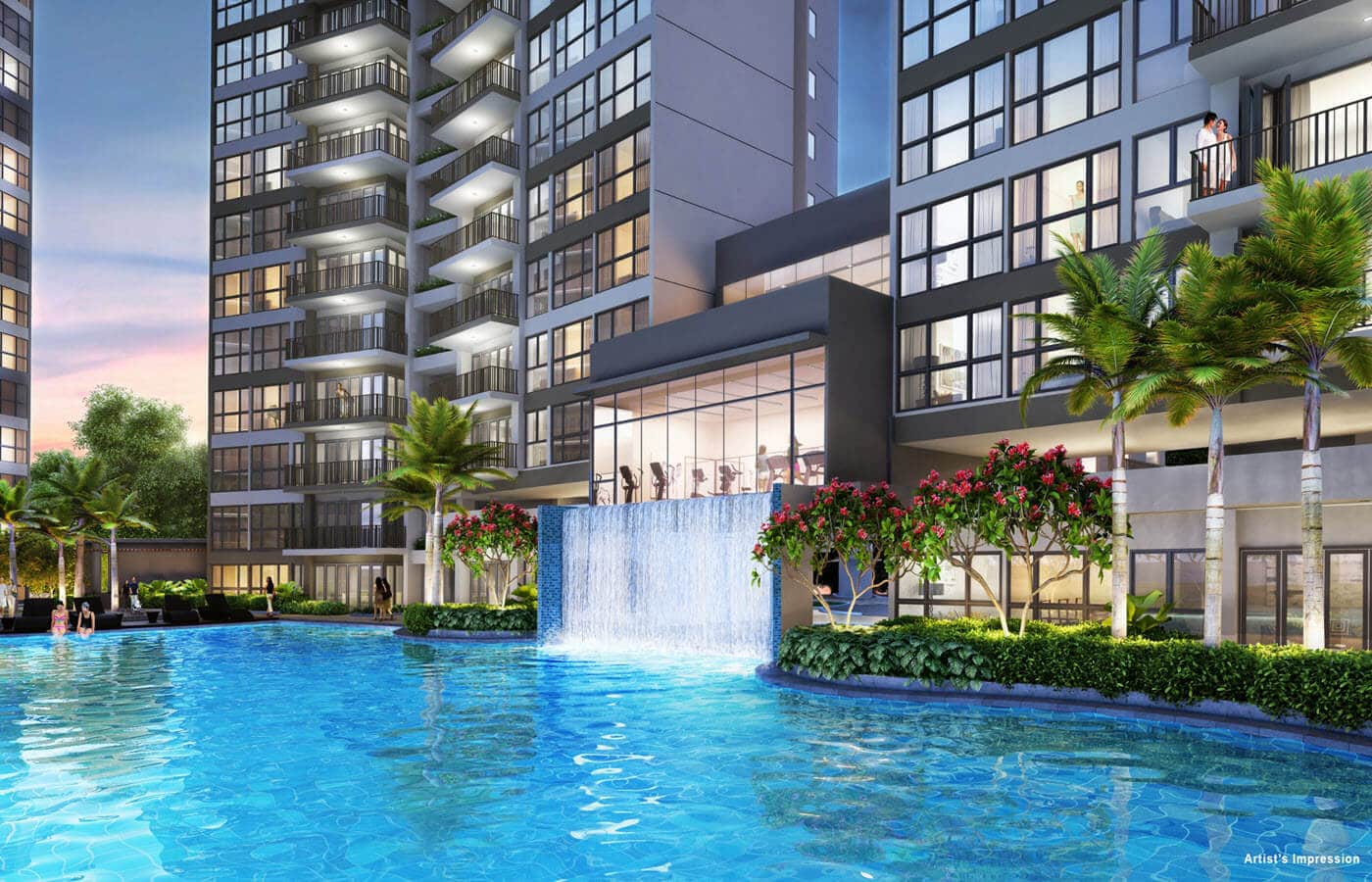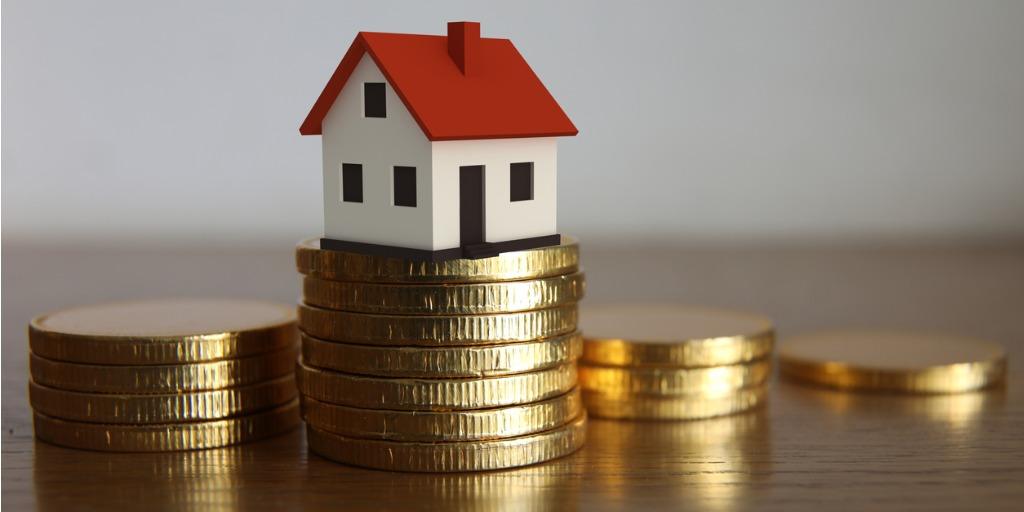
We discuss effective communication strategies to deal with noisy neighbors and explore the voluntary mediation approach for resolving noise disputes.
By understanding the regulations, seeking appropriate recourses, and implementing soundproofing measures, we can strive for a harmonious living environment while maintaining our mental well-being. – grassroots leaders
Let’s embark on this journey to unravel the impact of HDB Noise Complaints and discover practical solutions for a quieter and more peaceful HDB living experience.
Key Takeaways
| Topic | Key Takeaway |
|---|---|
| Impact of noise pollution | Excessive noise levels can lead to health complications such as tinnitus, hearing loss, sleep disturbances, hypertension, and anxiety. |
| Consequences of noise pollution | Noise can also decrease productivity, disrupt animal behavior, cause structural damage, and lead to decreased concentration levels. |
| Common sources of HDB noise | Noise in HDB estates can come from noisy neighbors, household equipment, street traffic, festive celebrations, and renovation projects. |
| Categories of neighborhood noise | Neighbourhood noise is categorized as domestic, construction, industrial, commercial, and others (e.g., noise from pets). |
| Dealing with noisy neighbors | Effective communication and suggesting noise reduction solutions can help minimize noise issues. |
| Mediation for noise disputes | Mediation is a voluntary approach to resolving noise disputes, with a neutral mediator facilitating discussions and providing solutions. |
| Government agencies’ role in noise | The National Environment Agency, HDB, Town Councils, and other organizations play a role in managing noise levels and resolving disputes. |
| Legal framework for noise-related disputes in HDB | The Environmental Protection and Management Act regulates noise pollution in residential premises, and various noise offenses are recognized. |
| Guidelines for managing noise during renovations | Renovation works should be done within approved hours and require HDB approval for noisy construction. |
| Roles of town councils in noise management | Town councils investigate noise complaints, issue notices, and enforce noise regulations in HDB estates. |
| Noise reduction solutions for HDB living | Strategies include soundproofing windows, using acoustic panels and curtains, and using white noise machines. |
| Impact of noise pollution on daily living | Noise pollution can lead to stress, sleep disturbances, hearing loss, cognitive impairment, high blood pressure, and heart disease. |
| Noise complaints during public holidays | Noise regulations during public holidays should be followed, and considerate celebrations can help prevent noise complaints. |
| Inter-floor noise disturbances | Inter-floor noise can cause tension between neighbors, but sound-absorbing materials and communication can help mitigate the issue. |
| Addressing neighborhood noise complaints | Open communication, mediation, and finding mutually acceptable solutions are key to resolving neighborhood noise complaints. |
| Link between noise pollution and mental health | Noise pollution can lead to stress, anxiety, sleep disturbances, and decreased productivity, emphasizing the importance of reducing noise. |
| Role of mediation sessions in resolving noise disputes | Mediation sessions can help neighbors identify issues and work toward mutually acceptable solutions for noise-related disputes. |
| Importance of real solutions in resolving noise conflicts | Real solutions should address underlying issues and prioritize peace among neighbors while respecting community guidelines and property. |
Understanding the Impact of Noise: Exploring the Effects and Consequences

Noise pollution affects both the environment and the community.
Excessive noise levels can lead to various health complications such as tinnitus, hearing loss, and sleep disturbances.
Noise exposure can also lead to hypertension, cardiovascular diseases, and anxiety disorders.
In extreme cases, it can even lead to depression.
Additionally, noise has also been linked to decreased productivity and concentration levels, which can limit daily activities.
Furthermore, noise can also have severe consequences on the environment.
It can disrupt the behaviour of animals, leading to a decrease in their population.
The intensity of the noise emission can also cause structural damage to buildings, an issue that may lead to costly repairs.
The National Environment Agency recommends that HDB estates maintain a noise level of 65 decibels (dB) during the day and 55 dB at night.
These levels are considered to be acceptable, and any violation of these levels may result in noise complaints and possible legal offenses.
Exploring HDB Noise Issues: Common Sources and Categories of Neighbourhood Noise
HDB noise problems can stem from a multitude of sources, ranging from noisy neighbours, household equipment, street traffic and festive season celebrations.
Neighbourhood noise is categorized based on the nature of the noise, the loudness, and the duration of the sound.
The categories include domestic, construction, industrial, commercial, and others such as noise from pets.
Renovation projects are a common source of HDB noise, as tenants must remove the existing floor tiles before installing new ones.
This process often leads to excessive noise disturbance that can last for a prolonged period.
Town councils recommend notifying neighbours of any planned renovation work to reduce the possibility of noise complaints.
Noise Complaints: Dealing with Noisy Neighbours and the Importance of Communication

Dealing with noisy neighbours can be challenging, but proper communication can be an effective solution to minimize noise issues.
The first step is to talk to your neighbour and inform them of the noise issue at hand.
It can also be helpful to suggest solutions to reduce the noise, such as using doorstoppers and carpets.
If direct communication is not effective in addressing the noise issue, individuals can approach the Community Mediation Centre for mediation assistance.
The centre offers a voluntary approach to resolving neighbourhood disputes, and a mediator will look into the issue and provide recommendations for an amicable settlement.
Mediation for Noise Disputes: A Voluntary Approach to Resolving Neighbour Conflicts
Mediation is an effective way of resolving disputes between neighbours.
Mediation in noise disputes involves a mediator acting as a neutral third party, and facilitating discussions between neighbours to work out mutually acceptable solutions to noise nuisance.
Mediation is voluntary, and both neighbours agree to attend the mediation conference.
The community disputes resolution tribunal, which was set up by the government in 2023, is another option for resolving noise-related disputes.
The tribunal resolves disputes between neighbours in a legal framework and has the power to enforce the orders made by the court.
Government Agencies and Their Role in Noise Complaints: Assistance and Support

Several government agencies in Singapore have been set up to manage noise-related issues.
The National Environment Agency oversees the noise regulations in Singapore and enforces laws that cover various types of noise offenses.
The Housing & Development Board (HDB) is responsible for managing noise levels and helping resolve disputes among neighbours.
The Town Council is responsible for maintaining the noise levels within the HDB estate.
Grassroots organizations, community dispute resolution tribunals, and the Community Mediation Centre play an active role in developing solutions to manage noise levels in Singapore.
In conclusion, HDB noise complaints, if not addressed, can lead to conflicts among neighbours.
It’s important to understand the common sources of noise disturbance, the categories of neighbourhood noise, the recommended noise levels, and ways to mitigate noise issues.
Through the mediation approach, conflicts among neighbours can transform into peaceful resolutions.
The government, through various agencies, provides a solution to manage noise disturbances, but it’s up to the community to remain vigilant in preventing excessive noise levels that can impact daily living.
Legal Framework for Noise-related Disputes in HDB: Offences and Recourse
The relevant laws for noise complaints in HDB estates
Under the National Environment Agency (NEA), the Environmental Protection and Management Act (EPMA) regulates noise pollution in residential premises.
The Act sets the acceptable noise levels for different times of the day.
For instance, on weekdays, the maximum noise level from 7 am to 10 pm is 55 decibels (dba).
After 10 pm, it should be 45 dba.
The maximum noise level should not exceed 55 dba on Sundays and public holidays.
The Act also regulates the noise level over the specified period, which is reckoned as the equivalent continuous noise level (Leq).
What constitutes a noise offense in HDB estates?
Noise offenses in HDB estates include continuous noise levels exceeding the specified level, inter-floor noise disturbances, and noisy renovation works without prior approval from the HDB.
Loud noises from residents and noise from neighbours can also be considered noise offenses.
What are the available recourses for those affected by
noise disturbances in HDB estates?
If you are affected by noise disturbances in your HDB estate, you can file a complaint with the HDB, NEA, or the town council.
The complaint should include the noise’s date, time, and location.
It is advisable to keep records of the noise disturbance for future reference.
Once a complaint is filed, a notice will be issued to the flat owner or responsible party.
If the noise continues, the complainant can request for mandatory mediation to settle the dispute.
Managing Noise During Renovations: Guidelines and Considerations

What are the guidelines for conducting renovation works in
HDB estates?
Renovation works in HDB estates should be conducted during weekdays from 9 am to 5 pm, and on Saturdays from 9 am to 1 pm.
No works should be done on Sundays and public holidays.
Renovation contractors must comply with the guidelines set by the HDB and NEA to minimize noise pollution.
Which types of renovation works are considered noisy and
require prior approval?
Renovation works that require hacking, drilling, or any other type of noisy construction work must be approved by the HDB.
The approval process can take up to two weeks, and it is advisable to get approval before commencing any noisy work.
What are some practical tips for residents to reduce noise
during renovation works?
Residents can soundproof their homes by installing acoustic panels on the walls and ceiling.
They can also use heavy curtains and carpets to absorb noise.
They should move to another room or stay outside the house during noisy renovation works if possible.
Maintaining Peace in HDB Estates: Town Councils and Their Responsibilities
What are the roles and responsibilities of town councils in
managing noise complaints in HDB estates?
Town councils are responsible for enforcing noise regulations in HDB estates.
They investigate noise complaints and issue notices to the flat owner or responsible party to stop the noise.
They also ensure that renovation works are conducted within the approved hours.
How do town councils enforce noise regulations in HDB
estates?
Town councils have the authority to enter any flat in HDB estates to investigate noise complaints.
If the noise continues, they can issue a notice to the flat owner or responsible party.
Failure to comply with the notice can result in a fine.
What are the measures that town councils can take to
address noise disputes?
Town councils can intervene in noise disputes and help mediate the situation.
They can also engage in educational campaigns to raise awareness about noise pollution and its effects on health and well-being.
Noise Reduction Solutions for HDB Living: Strategies and Practical Tips

What are some strategies for reducing noise in HDB
estates?
One strategy is installing soundproof windows or changing the existing ones to a more noise-resistant type.
Another strategy is to place furniture against the walls to absorb noise.
Residents can also use white noise machines to mask unwanted noise.
How can residents soundproof their homes to reduce noise
disturbances?
Resident can soundproof their home by using materials like acoustic panels, weatherstripping, and foam insulation.
They can also add rugs and carpets to absorb noise and use soundproof curtains to block out noise from outside.
What are some practical tips for living with noisy
neighbours?
One practical tip is to talk to your neighbour and try to resolve the issue amicably.
You can file a complaint with the relevant authority if this does not work.
They can mediate the situation and provide a solution that works for both parties.
Noise Pollution and Its Impact on Daily Living in Neighbourhoods
What are the negative effects of noise pollution on daily
living?
Noise pollution can have serious effects on health and well-being.
It can cause stress, irritability, and lack of sleep, which can impact daily living.
It can also lead to hearing loss and cognitive impairment, especially in children.
How does noise pollution impact residents’ health and well-
being?
Noise pollution can lead to high blood pressure, heart disease, and other health problems.
It can also cause emotional and psychological stress, leading to anxiety and depression.
What are some long-term solutions to reduce noise
pollution in HDB estates?
One long-term solution is to regulate the construction of properties and reduce noise pollution from new developments.
Another solution is to increase public awareness and educate residents on the impact of noise pollution on health and well-being.
Noise Complaints on Public Holidays: Balancing Celebrations and Respect for Neighbours
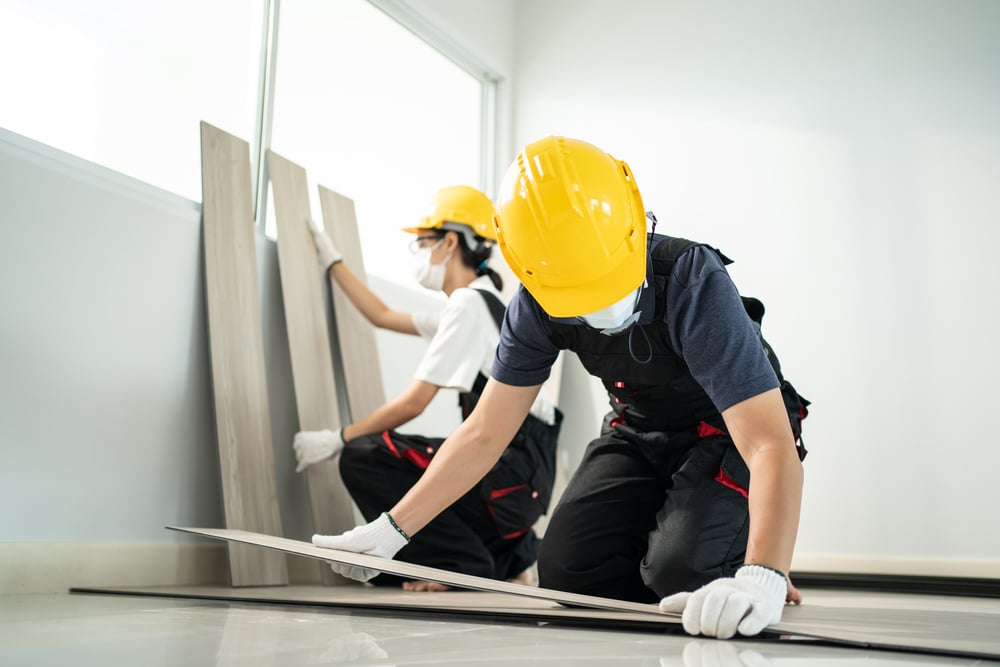
Understanding the Regulations on Noise Complaints during
Public Holidays
Public holidays are a time for celebrations, but it’s important to be mindful of how your festivities may impact your neighbors.
In Singapore, there are regulations in place to ensure that noise levels during public holidays do not exceed what is reasonable.
The Environmental Public Health Act sets out the guidelines for acceptable noise levels, with amplified sounds not exceeding 65 decibels during the day and 55 decibels at night.
Ways to Celebrate Public Holidays Without Disturbing Your
Neighbours
To prevent complaints of noise from your neighbors, the best approach is to plan ahead and be considerate.
Instead of hosting a raucous party with loud music, opt for quieter forms of celebration like a potluck dinner with close friends and family.
If you plan on having a gathering with loud music, be sure to inform your neighbors beforehand and limit the duration of the noise.
How to Handle Noise Complaints from Your Neighbours on
Public Holidays
If you receive a noise complaint during a public holiday, the first thing to do is to try and resolve the issue amicably.
Open communication with your neighbors is key, so it’s important to listen to their concerns and work together to find a solution.
If you are unable to resolve the issue on your own, you can seek assistance from public agencies like the HDB Branch or the Community Mediation Centre (CMC).
Inter-floor Noise Disturbances and Mitigation Measures
Common Causes of Inter-floor Noise Disturbances in HDB
Flats
Inter-floor noise disturbances occur when noise from one unit is transmitted through the floor and into another unit.
This is often a source of tension between neighboring HDB residents.
Common causes of inter-floor noise disturbances include heavy footsteps, dragging of furniture, and loud music or television noise.
Preventing Inter-floor Noise from Your Own Unit
To prevent inter-floor noise from your own unit, there are several measures you can take.
One is installing sound-absorbing materials such as carpets, underlays, and curtains to reduce the amount of noise transmitted through the floor.
Another approach is to be mindful of your own activities, particularly during quiet hours.
Avoid dragging furniture or playing loud music or television noise during nighttime hours, when most residents are sleeping.
Mitigation Measures for Inter-floor Noise Disturbances
If you are experiencing inter-floor noise disturbances from your neighbor, there are several steps you can take to mitigate the issue.
One is to communicate openly with your neighbor and try to find a mutually acceptable solution.
Alternatively, you can seek assistance from the HDB Branch or the CMC, both of which offer mediation sessions to help resolve inter-floor noise disputes.
Neighbourhood Noise Complaints: Addressing Concerns and Finding Acceptable Solutions

The Importance of Addressing Neighbourhood Noise
Complaints
Neighborhood noise complaints can arise when noise from one unit disturbs the peace of the entire floor or building.
Addressing these concerns is important to maintain harmonious relationships among neighbors and promote a sense of community.
Steps to Take When You Receive a Noise Complaint from
Your Neighbour
If you receive a noise complaint from your neighbor, the first step is to acknowledge their concerns and try to resolve the issue amicably.
Listen to their perspective and work together to find a solution.
If open communication doesn’t work, you can seek assistance from the HDB Branch or the CMC, which offer mediator sessions to help resolve neighborhood noise issues.
Finding Acceptable Solutions to Neighbourhood Noise
Issues
Solutions to neighborhood noise issues can vary depending on the specific situation.
For example, if the noise is caused by children playing, you can work with your neighbor to establish quieter play activities or designate playtimes.
Alternatively, if the noise is caused by loud music or parties, you can establish quiet hours or work with your neighbor to find a mutually acceptable time for loud activities.
Mental Well-being and Noise: The Link between Noise Pollution and Health
The Effects of Noise Pollution on Mental Health
Noise pollution can have a significant impact on both physical and mental well-being.
In particular, prolonged exposure to loud noise can lead to stress, anxiety, and sleep disturbances, which in turn can cause decreased productivity and even more serious health issues.
Ways to Reduce Noise Pollution in Your HDB Flat
Reducing noise pollution in your HDB flat can positively impact your own mental well-being and that of your neighbors.
Some ways to do this include installing soundproof windows and doors, using sound-absorbing materials like carpets and curtains, and being mindful of your own noise levels.
Improving Your Mental Well-being in Noisy Environments
Living in a noisy environment can be challenging, but there are steps you can take to improve your mental well-being.
One is to establish a relaxing environment in your home, such as by adding plants or investing in comfortable furniture.
Another is prioritizing self-care activities like exercise and meditation, which can help reduce stress levels.
Noise-related Disputes: Mediation Sessions and their Role in Resolving Conflicts
Understanding the Types of Noise-related Disputes Among
Neighbours
Noise-related disputes among neighbors can take many forms, from inter-floor noise disturbances to neighborhood noise complaints.
Understanding the specific type of dispute is key to determining the best course of action for resolution.
How Mediation Sessions Can Help Resolve Noise Disputes
Mediation sessions can be a helpful tool for resolving noise-related disputes among neighbors.
In a mediation session, a neutral third party works with both parties to identify the underlying issues and help them work toward a mutually acceptable solution.
The Role of Real Solutions in Resolving Noise-related
Conflicts
When it comes to noise-related disputes among neighbors, it’s important to seek out real solutions that address the underlying issues.
This may involve implementing new noise-reducing technologies or establishing clearer guidelines for noise levels within the community.
Whatever the solution, it should prioritize peace among neighbors while also respecting the ownership of neighborhoods and movable property.
Conclusion
In conclusion, noise pollution is a significant issue that affects both the environment and the well-being of individuals in HDB estates.
Excessive noise levels can lead to various health complications and have severe consequences on the surrounding ecosystem.
It is crucial to understand the common sources and categories of neighborhood noise and the recommended noise levels to mitigate noise issues effectively.
Dealing with noisy neighbors requires open communication and a willingness to find solutions that work for both parties.
Mediation can be a valuable approach to resolving noise disputes, offering a neutral third party to facilitate discussions and provide recommendations for peaceful resolutions.
Government agencies such as the National Environment Agency, Housing & Development Board, Town Councils, and grassroots organizations play a vital role in managing and enforcing noise regulations.
Their assistance and support are available to address noise complaints and promote a peaceful living environment.
Understanding the legal framework for noise-related disputes is essential for both residents and offenders.
The Environmental Protection and Management Act sets acceptable noise levels, and various noise offenses can be reported to the relevant authorities.
Recourses such as mediation and community tribunals are available to those affected by noise disturbances.
During renovations, following guidelines and obtaining necessary approvals are crucial to minimize noise disturbances.
Practical tips for soundproofing homes and reducing noise pollution during renovation works can help residents maintain a peaceful living environment.
Town councils have responsibilities in managing noise complaints and enforcing regulations within HDB estates.
They can investigate noise complaints, issue notices, and engage in mediation to address noise disputes.
Residents can also take steps to reduce noise disturbances in HDB estates by implementing strategies such as installing soundproofing materials, using noise-reducing windows, and being considerate of neighbors’ well-being.
Noise pollution can significantly impact mental well-being, and it is important to address this issue.
Individuals can improve their mental health and overall well-being by reducing noise pollution in HDB flats and practicing self-care activities.
Mediation sessions play a crucial role in resolving noise-related disputes among neighbors.
By working with a neutral third party, individuals can find real solutions that prioritize community harmony and peaceful coexistence.
Frequently Asked Questions
What is HDB noise complaint?
HDB noise complaint refers to the process of reporting and resolving noise-related disputes or complaints within an HDB estate or neighborhood.
What is considered as considerate noise level in HDB units?
Considerate noise levels are generally those that do not cause disturbance or annoyance to neighboring households.
This means keeping noise levels low, especially during late hours or early morning.
Can I make a noise complaint against my neighbor?
Yes, you can make a noise complaint against a neighbor if you feel their noise levels are excessive or unreasonable.
What is earlier attempt?
Earlier attempt refers to any previous efforts made to address a noise complaint issue.
For example, if mediation has already been attempted but unsuccessful, this would be considered an “earlier attempt.
What is the willful weaponization of noise?
Wilful weaponization of noise refers to the deliberate use of excessive noise to either cause annoyance or distress to another person or group of people.
What is noise isolation?
Noise isolation refers to the process of minimizing or reducing noise transmission from one area to another.
This is done by implementing soundproofing or noise-absorbing materials on walls, floors, or ceilings.
What are the permissible noise levels in HDB units?
Permissible noise levels for residential units are typically set by the National Environmental Agency (NEA) and are based on the time of day and location of the unit.
What are boundary noise emission limits?
Boundary noise emission limits refer to the maximum noise level allowed to be emitted from one property to another.
This is to prevent excessive noise from disturbing neighboring households.
What is community noise?
Community noise refers to noise generated by activities within a community, such as construction, traffic, or events.
This can contribute to noise pollution and may cause disturbances to nearby residents.
What are exhaust noise emissions standards?
Exhaust noise emissions standards are guidelines set by authorities to ensure vehicles, machinery, and equipment within a community do not emit excessive noise that can cause a disturbance to neighboring households.











